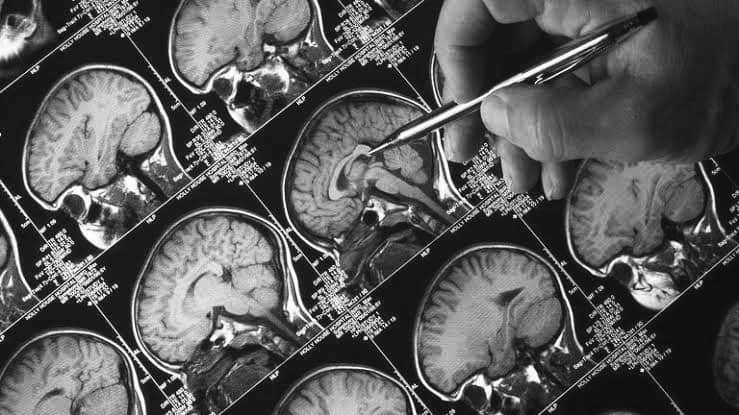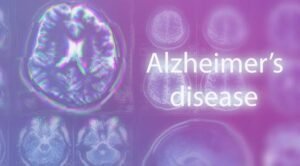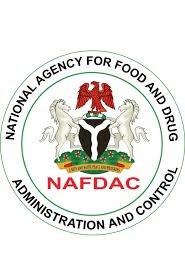NICE CITES HIGH COSTS AND MODEST BENEFITS IN HISTORIC DECISION

The National Institute for Health and Care Excellence (NICE) has ruled that two groundbreaking Alzheimer’s drugs, donanemab and lecanemab, are too expensive for the National Health Service (NHS) in England to fund.
Despite marking a significant scientific advance in slowing Alzheimer’s disease progression, NICE concluded that the high price and limited clinical benefit make widespread adoption unsustainable.
NICE’s Director of Medicines Evaluation, Helen Knight explained the tough balancing act facing the health service stating that.“If these drugs were approved, they could displace other essential treatments and services that deliver significant benefits to patients.”

SCIENTIFIC BREAKTHROUGH: SLOWING ALZHEIMER’S PROGRESSION
Donanemab and lecanemab are the first medicines shown to alter the course of Alzheimer’s by clearing harmful protein deposits from the brain. Unlike earlier therapies, they do not reverse or stop dementia but slow cognitive decline, potentially extending patients’ independent living by several months.
Professor Rob Howard from University College London (UCL) provided perspective on the clinical impact, noting that “Clinical trials showed patients improved by 0.45 points on an 18-point cognitive scale, delaying progression by about four to six months. However, the real-world benefit is too small to be noticeable.”
HIGH PRICE TAG CHALLENGES NHS BUDGET
In the United States, these drugs cost between £20,000 and £25,000 per patient annually. NICE estimates approximately 70,000 people in England with mild dementia could be eligible for treatment, which could cost the NHS around £1.5 billion per year, excluding additional expenses such as biweekly drug infusions and frequent brain scans to monitor side effects.
Professor Howard summed up the affordability issue stating that “The cost for treating each patient is nearly equivalent to a nurse’s annual salary, raising serious questions about sustainability.”
PHARMACEUTICAL COMPANIES PLEDGE TO APPEAL
The drug manufacturers, Eisai (lecanemab) and Eli Lilly (donanemab)— expressed disappointment and confirmed plans to appeal NICE’s decision ahead of the final deadline on 23 July.
Nick Burgin from Eisai said “The NHS is not ready to meet the challenge of Alzheimer’s, and flaws in the assessment process mean our drug would have been rejected even if it were provided for free.”
President of Eli Lilly UK and Northern Europe, Chris Stokes also stated that “If the system cannot deliver scientific breakthroughs to NHS patients, it is broken.”
ALZHEIMER’S CHARITIES CALL FOR SYSTEMIC REFORM
Leading dementia charities recognized the progress in science but warned the healthcare system must improve how it evaluates and adopts innovative treatments.
Professor Fiona Carragher from the Alzheimer’s Society stated that “Science is flying, but the system is failing patients.”
Hilary Evans-Newton, Chief Executive of Alzheimer’s Research UK, added that “Patients are missing out on innovation not because science is failing but because the system is.”
EXPERTS BACK NICE’S PRAGMATIC APPROACH
Several dementia specialists supported NICE’s decision, highlighting the need to focus on effective care and support rather than minimal clinical gains.
Professor Tom Dening, University of Nottingham, remarked that “These drugs offer minimal benefit and risk distracting us from providing known, effective care and support for people with dementia.”
Professor Atticus Hainsworth from St George’s, University of London, said: “NICE is simply doing its job to ensure resources benefit patients most effectively.”
HOPE ON THE HORIZON
Despite the setback, dementia research is advancing rapidly, with 138 drugs in 182 clinical trials worldwide.
Director at the Centre for Discovery Brain Sciences, Professor Tara Spires-JonesUniversity of Edinburgh, remains hopeful, noted that “there is hope for safer, more effective treatments on the horizon that will transform lives.”
A DELICATE BALANCE BETWEEN INNOVATION AND ACCESSIBILITY
The NHS decision underscores the difficult choices healthcare systems face balancing groundbreaking medical innovation with affordability and sustainability.
While these Alzheimer’s drugs symbolize hope for future treatment breakthroughs, the current focus remains on delivering accessible, effective care to millions living with dementia today.









